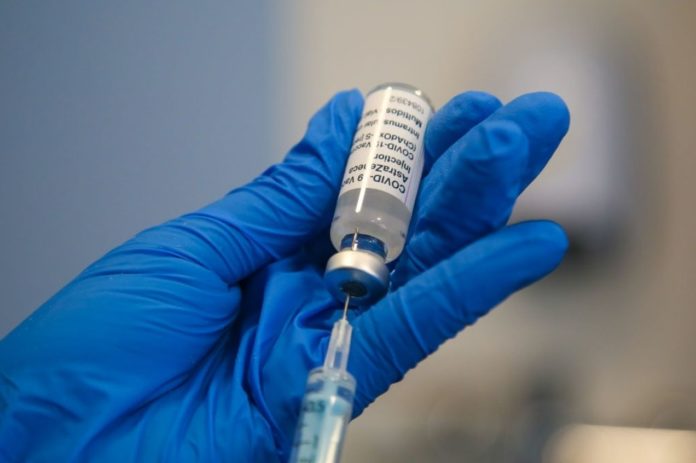Despite getting both doses of the Covid-19 vaccine from Oxford-Astra Zeneca, a study found that the level of protection provided by the vaccine decreases after three months.
The findings, based on data from two nations, show that booster programs are needed to help sustain protection against severe disease in people vaccinated with Oxford-Astra Zeneca.
Researchers from Scotland and Brazil examined data from two million Scots and 42 million Brazilians who had received the Oxford-Astra Zeneca vaccine.
In Scotland, compared to two weeks after receiving a second dose, there was a roughly fivefold increase in the risk of being hospitalized or dying from Covid-19 nearly five months later.
According to specialists, the fall in effectiveness begins around three months, when the risk of hospitalization and mortality is double that of two weeks after the second dose.
Just under four months following the second vaccine shot, the risk triples. Brazil had comparable figures.
Scotland and Brazil’s vaccination schedules were comparable, with 12 weeks between doses and a prioritization of those who were most at risk of serious disease and healthcare workers being vaccinated.
But, during the study period, the dominant variant was different in each nation – Delta in Scotland and Gamma in Brazil – implying that the drop in efficiency is likely due to vaccine fading and the effects of variants.
The researchers also measured vaccination effectiveness at biweekly intervals by comparing the outcomes of persons who had been immunized with those who had not been vaccinated.
However, experts cautioned that these numbers should be interpreted with caution because it is becoming increasingly difficult to compare unvaccinated individuals to vaccinated with similar traits, particularly among older age groups where so many people are already vaccinated.
The research is part of the EAVE II project, which uses anonymized linked patient data from Scotland to track the pandemic and vaccination rollout in real time.
Professor Vittal Katikireddi at the University of Glasgow said: “Our analyses of national datasets from both Scotland and Brazil suggest that there is considerable waning of effectiveness for the Oxford AstraZeneca vaccine, with protection against severe Covid-19 falling over time.
“We studied two million people in Scotland and over 42 million people in Brazil who had received two doses of the Oxford-AstraZeneca vaccine. More than four months after receiving a second dose, the risk of experiencing either a Covid-19 hospitalisation or death was approximately five times greater than the period of maximum vaccine protection after accounting for changes in infection rates and a range of other factors.
“Our work highlights the importance of getting boosters, even if you’ve had two doses of the Oxford AstraZeneca vaccine, as soon as you are able to.”
Source: The Lancet
Image Credit: Getty
You were reading: Oxford-Astra Zeneca Covid-19 vaccine wanes three months after second dose
